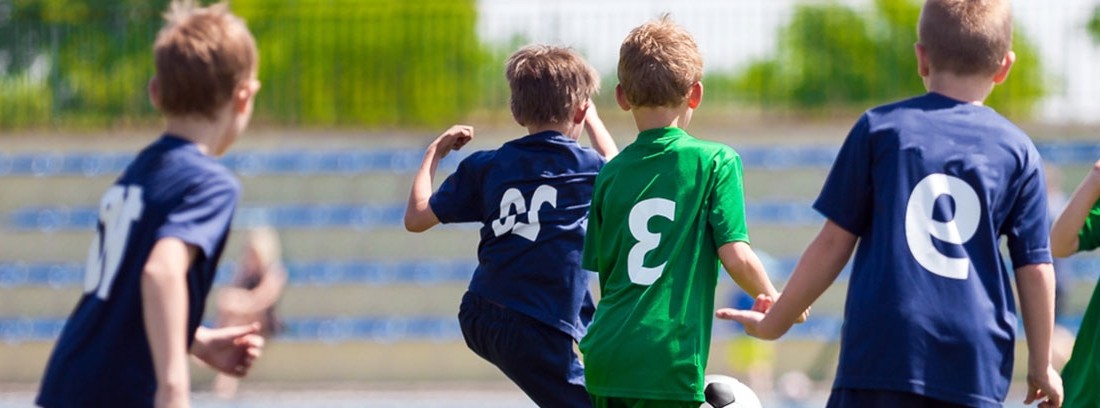Physical and intellectual development from 6 to 12 years old

This stage covers the entire primary education and it is characterized because the child grows in autonomy and potential, and begins to define his character. They will be able to observe physical, psychological, cognitive, and social changes. The end of this stage will take us to the.
Most important changes
1. The "stretch" occurs
Children grow between 5 and 8 centimeters and almost double in weight. These measures are indicative, since they depend on the genetics and constitution of the child. The growth is slower than when they were smaller, but it is constant until the popular "spike" is produced from the 9 years in girls and 11 in boys. This period of growth originates an important bone growth, and the famous growing pains overnight.
2. Baby teeth fall out
The fall of the first teeth occurs between 6 and 7 years. At this stage, most of the baby teeth are replaced by permanent pieces.
3. Strength, endurance and flexibility
The fine motor skills it is highly developed and will allow the child to write and draw with greater precision. They mature physically continuously and being able coordinate and synchronize movements much better than in previous stages, increasing its strength, muscular endurance and flexibility. But, if this is not worked, it is lost little by little after 9 or 10 years. Therefore, it is a good time to start as they are also able to understand the rules for their practice and critical ability to improve themselves.
4. Brain development
Changes in organs as important as the brain are key to your intellectual and cognitive development. Between 7 and 8 years the forebrain grows significantly, as well as the frontal lobes and the corpus callosum also matures. These changes will allow the child to improve his learning capacity, be more creative and understand increasingly complex concepts.
5. Immune development
At the health level, they no longer have as many respiratory system infections (colds, otitis, tonsillitis) because their immune system is more mature and strong. On the other hand, it is frequent that refractive problems begin to be detected, such as myopia, around 10 years.
6. Intellectual development
- In the school stage they begin to read and write since they have, not only all the physical and cognitive tools necessary to do so, but they are also accompanied by an interest in these areas of learning. It is for this reason that many countries in the world do not begin to teach reading and writing until the age of six.
- The curiosity it is their learning and motivation engine so they learn very fast concepts increasingly complex and abstract.
- The logical ability and the recognition of symbols to solve problems is increasing throughout the school stage. This capacity for logical reasoning enables them to get out of that magical reality of previous stages and to make judgments of causality.
- It is very common for the child to begin to develop the first hobbies, collections or hobbies based on your tastes and interests. They are also capable of setting and achieving goals. Despite understanding the rules, the nuances are difficult to appreciate, so this stage is characterized in that things are "black or white" without much margin to appreciate nuances at the beginning of this stage.
- At the level of complex concepts begin to understand the intentionality of actions and death.
Our role as parents
The most important thing is that the child feels loved and valued by his parents, let him know that they love him for what he is, unconditionally. Although they begin to take responsibility, we cannot treat them as adults, that is, they need our adult role to continue growing and maturing. Respecting their times and detecting their needs, as well as encouraging them to improve themselves and encourage their interests or abilities is essential for their physical development.
What you should know:
- Growth is slower than when they were younger, but is constant until the popular "spike" occurs from age 9 in girls and 11 in boys.
- The logical ability and the recognition of symbols to solve problems increases throughout the school stage.
- At this stage, the growth in autonomy is spectacular. The child has his own ideas, is more responsible and the most relevant aspects of his character appear.
Remember that inMAPFRE We take care of your well-being and that of yours, that is why we offer you one with the best coverage so that you are always protected against any pathology or disease.
CALCULATE YOUR PRICE
Pediatric specialist
(Updated at Apr 14 / 2024)